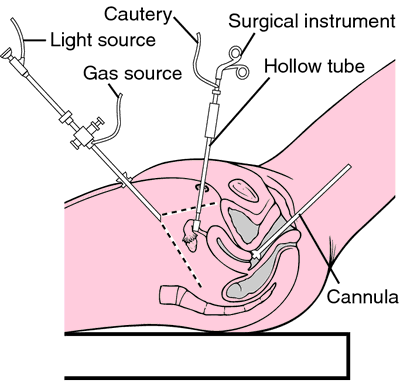It's a confusing back and forth dance of information that, in some ways, resembles recent mammogram recommendations. First soy is good for you, then it's not, then it's good for you only in certain situations.
For the heart, soy seems to work wonders. In 1998 after the New England Journal of Medicine reported significant lipid lowering effects from soy, the FDA announced that this legume could both lower cholesterol and reduce the risk of heart disease.
For reproductive organs however, the news has been more squirrely. Soy faces claims of increasing breast cancer risk (especially in post menopausal women) and altering the severity of endometriosis. The problem is, there haven't been enough well-powered studies for anyone to unanimously agree on these accusations.
With endometriosis in particular, the camps are split. Some experts say dietary phytoestrogens found in soy may increase the risk of disease by increasing estrogen production in the uterus. Others claim that these same soy compounds do the opposite -- decrease estrogen and therefore decrease the spread and severity of abnormal endometrial tissue.
One study from researchers at the University of California, San Diego proposed that the phytoestrogen genistein increases activity of the enzyme (aromatase) that converts testosterone into estrogen. With a hijacked enzyme, the uterus churns out more and more of the hormone that essentially feeds this disease.
The theory is slightly outnumbered however, by studies that argue just the opposite. In May of this year, the American Congress of Obstetricians and Gynecologists presented research suggesting that genistein may actually inhibit estrogen's effect on endometrial growth and activation. (Interestingly, they came to the same conclusion about resveratrol, a compound found in red wine.)
There have also been studies on cohorts of Japanese women (thought to consume more soy in their diets naturally) suggesting that the higher the levels of genistein found in urine (in other words, the more soy they consumed), the lower the incidence of advanced endometriosis.
In the end, the research is still limited and all studies seem to conclude that more data is needed before anyone can confidently put all of their soybeans in one basket. Like with recent mammogram recommendations, the best advice is to educate yourself on the current evidence and, of course, talk with your health professional.
SOURCES:
1. Tsuchiya, M. et al. Effect of soy isoflavones on endometriosis: interaction with estrogen receptor 2 gene polymorphism. Epidemiology. 2007 May;18(3):402-8.
2. Edmunds, K. et al. The effects of dietary phytoestrogens on aromatase activity in human endometrial stromal cells. Reprod. Nutr. Dev. 45 (2005) 709–720.
3. Amaya, S. et al. Dietary Impact on Endometriosis: A Closer Look at the Active Ingredients of Red Wine and Soy. The American College of Obstetricians and Gynecologists Papers on Current Clinical and Basic Investigation. ACOG National Meeting 2009.





Add a CommentComments
There are no comments yet. Be the first one and get the conversation started!